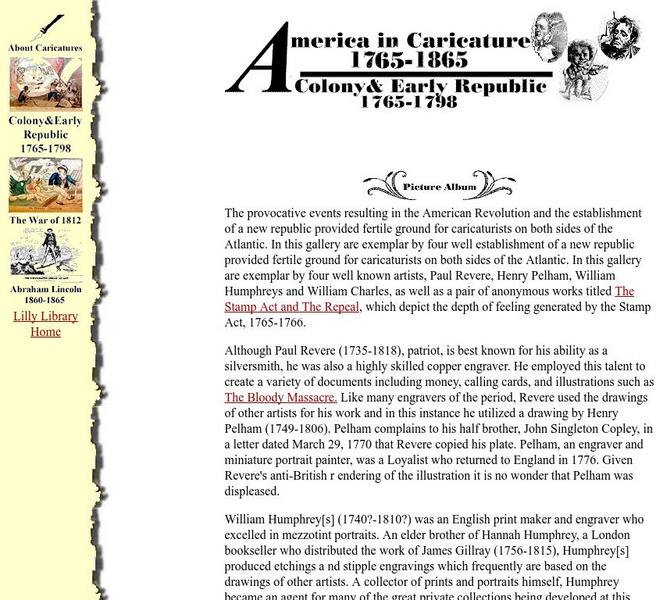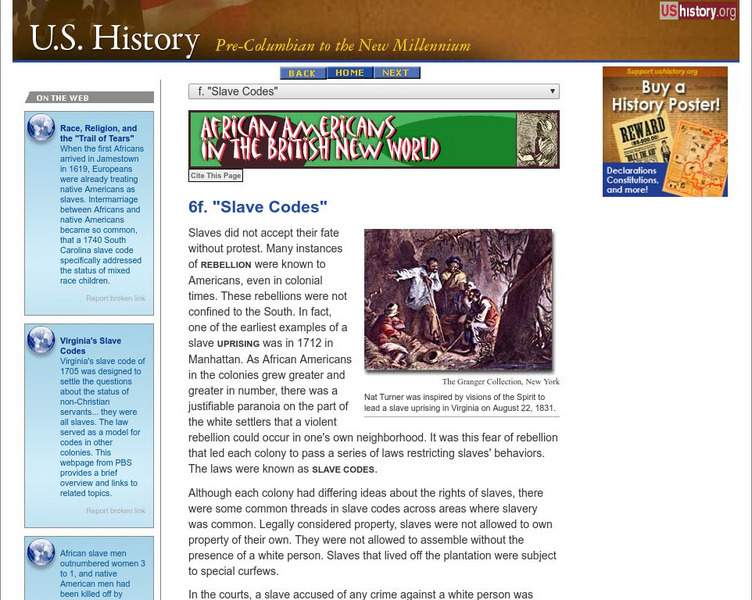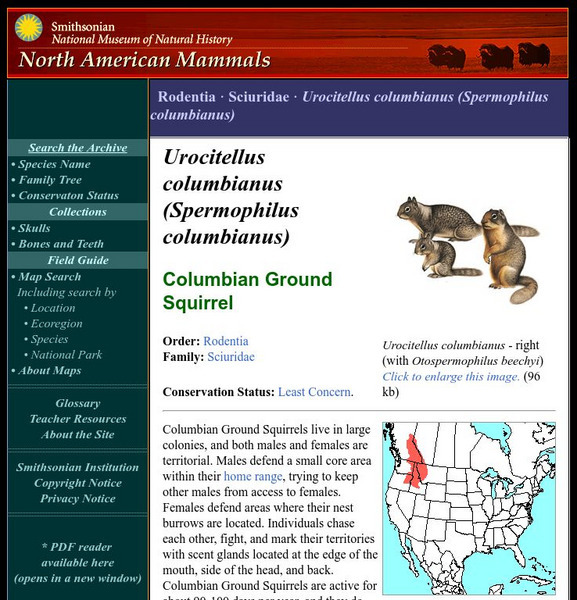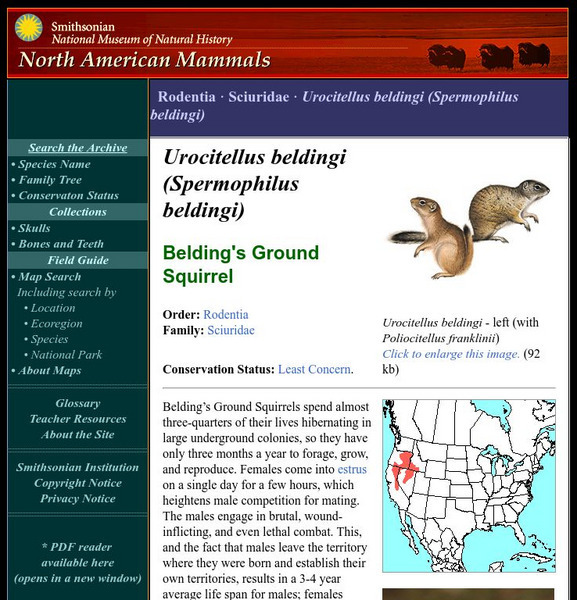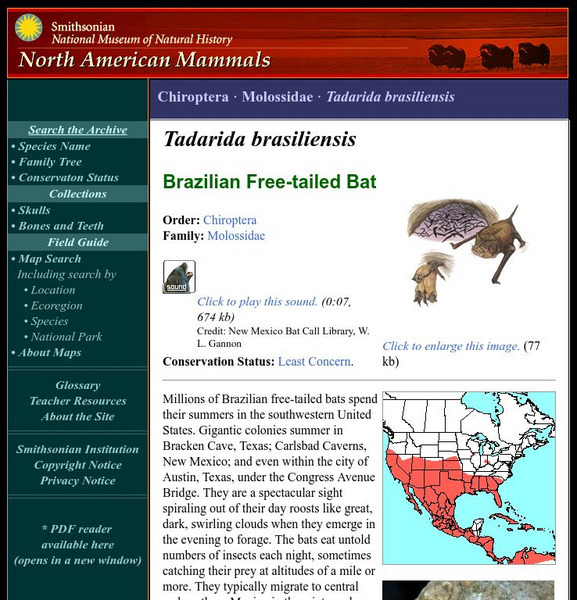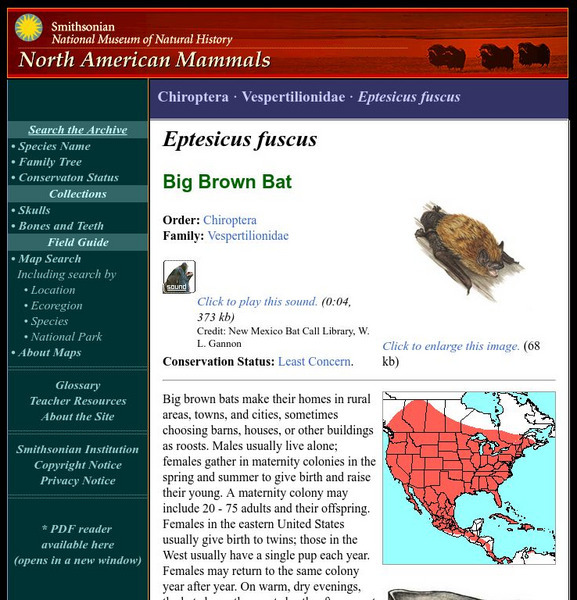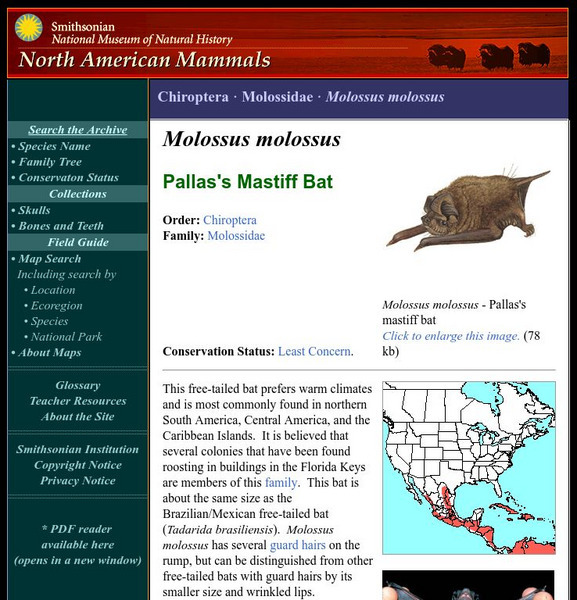Khan Academy
Khan Academy: Colonial Society and Culture the Great Awakening
An overview of the Great Awakening and how the Protestant Revivalism effected England and the American colonies during the eighteenth century.
Curated OER
Etc: The Colonies During the Revolutionary War, 1775 1783
A map of the Thirteen Colonies during the American Revolution. The map shows the territorial claims west of the Allegheny Mountains, and includes inset maps detailing the vicinity of Philadelphia, the vicinity of Boston, and the vicinity...
Curated OER
Educational Technology Clearinghouse: Maps Etc: The United Colonies, 1776
A map of the United Colonies at the beginning of the American Revolution (1776) showing colonial land claims to the Mississippi River, including the territories organized after the war. The map shows the Northwest Territory (organized in...
Curated OER
Educational Technology Clearinghouse: Maps Etc: The Thirteen Colonies , 1776
A map of the thirteen colonies at the outset of the American Revolutionary War, showing major cities and towns, the Great Lakes, mountains, rivers, and coastline.
Texas A&M University
Sons of Dewitt Colony Texas: Colonization Laws
This site provides the text to the several colonization laws dealing with the colonization of Texas primarily by Americans.
Indiana University
Indiana University: Colony & Early Republic
This site from the Indiana University analyzes the role of political cartoons in early American history. Four artists, Paul Revere, Henry Pelham, Wm. Humphreys, and Wm. Charles are highlighted.
University of Groningen
American History: Documents: An Ordinance & Constitution of the Virginia Company
This resource gives the text to this Ordinance and Constitution of the Virginia Company which set up a council and assembly for the first colony of Virginia. Be sure to click on "Context" to see how this fit in with the House of Burgesses.
Independence Hall Association
U.s. History: African Americans in the British New World: Slave Codes
Resistance and even rebellion of slaves resulted in colonies enacting laws regarding the actions of slaves. Read about some of the slave codes and what they prohibited.
Smithsonian Institution
National Museum of Natural History: American Mammals: Columbian Ground Squirrel
Columbian Ground Squirrels live in large colonies, and both males and females are territorial. Males defend a small core area within their home range, trying to keep other males from access to females. Learn more about the Spermophilus...
Smithsonian Institution
National Museum of Natural History: American Mammals: Belding's Ground Squirrel
Belding's Ground Squirrels spend almost three-quarters of their lives hibernating in large underground colonies, so they have only three months a year to forage, grow, and reproduce. Females come into estrus on a single day for a few...
Smithsonian Institution
National Museum of Natural History: American Mammals: Brazilian Free Tailed Bat
Millions of Brazilian free-tailed bats spend their summers in the southwestern United States. Gigantic colonies summer in Bracken Cave, Texas; Carlsbad Caverns, New Mexico; and even within the city of Austin, Texas, under the Congress...
Smithsonian Institution
National Museum of Natural History: American Mammals: Black Tailed Prairie Dog
Black-tailed prairie dogs exhibit the most complex social behavior of all prairie dogs. Social groups called "coteries" live together in very large colonies called "towns. Learn more about the Cynomys ludovicianus, more commonly known as...
Smithsonian Institution
National Museum of Natural History: American Mammals: Big Brown Bat
Big brown bats make their homes in rural areas, towns, and cities, sometimes choosing barns, houses, or other buildings as roosts. Males usually live alone; females gather in maternity colonies in the spring and summer to give birth and...
Smithsonian Institution
National Museum of Natural History: American Mammals: Sagebrush Vole
Sagebrush Voles usually live in colonies in semiarid, partly brushy habitat. The dominant plants where they live are sagebrush or rabbitbrush mixed with bunchgrass. Learn more about the Lemmiscus curtatus, more commonly known as a...
Smithsonian Institution
National Museum of Natural History: American Mammals: Nelson's Antelope Squirrel
Open, rolling land and gentle slopes with shrubs are the habitat of Nelson's Antelope Squirrel, which lives only in a small region of California in and near the San Joaquin Valley. The squirrels live in relatively small colonies of six...
Smithsonian Institution
National Museum of Natural History: American Mammals: Pallas's Mastiff Bat
This free-tailed bat prefers warm climates and is most commonly found in northern South America, Central America, and the Caribbean Islands. It is believed that several colonies that have been found roosting in buildings in the Florida...
Smithsonian Institution
National Museum of Natural History: American Mammals: White Tailed Prairie Dog
White-tailed prairie dogs are threatened in many places because they have been the target of pest control programs. They live in burrow colonies made up of groups of females and young. Learn more about the Cynomys leucurus, more commonly...
PBS
Wnet: Thirteen: Freedom: A History of the u.s. Independence Webisode 1
Webisode 1-Independence. The history of the United States is presented in a series of webisodes, within each are a number of segments.Included are links to lesson plans, teacher guides, resources, activities, and tools.
PBS
Wnet: Thirteen: Freedom: A History of Us: Liberty for All? Webisode 3
Webisode 3 - Liberty for All? The history of the United States is presented in a series of webisodes, within each are a number of segments.Included are links to lesson plans, teacher guides, resources, activities, and tools.
Digital History
Digital History: Regional Contrasts
Read about the populations of the New England colonies as compared to the Southern colonies in the 1600s. See how the numbers of Native Americans decreased dramatically particularly in Massachusetts Bay Colony.
Digital History
Digital History: Dimensions of Change in Colonial New England
Dissension in Massachusetts Bay Colony resulted in the formation of other New England colonies. Read about their formations, and the impact on the Native Americans in the area.
Digital History
Digital History: British Mercantilism and the Cost of Empire [Pdf]
Learn about the theory of mercantilism and how it affected the economies of the New England, Middle, and Southern colonies. Practice making a bar graph showing the value of exports to and imports from England between 1700 and 1774 with...
Alabama Learning Exchange
Alex: Our New Nation
After studying the American Revolutionary War, students learn about the founding of the United States of America. Pretending to be the founding fathers, students will divide into small groups to create and design their own nation and...
Scholastic
Scholastic: Teaching With Dear America: Colonial Period
Activities useful in presenting American colonial life. Find references to novels, a colonial home, and a diary entry activity.



